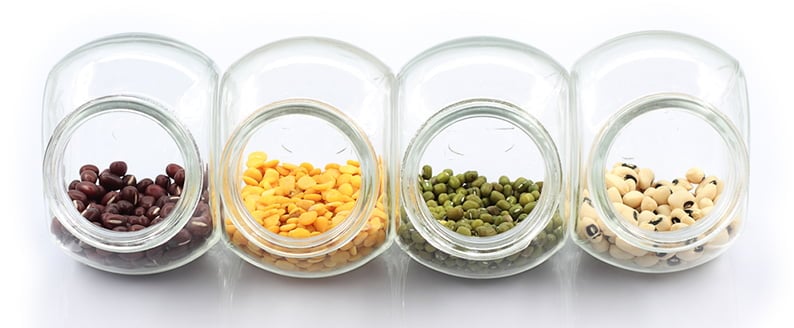How much meat should we eat? If you believe some of the runaway headlines from yesterday, the answer is simply “as much as you like”. This was after a new Canadian study published this week in Annals of Internal Medicine, suggested that we should not follow nutritional guidelines on red meat and processed meat as researchers found little evidence between meat consumption and adverse health consequences. This contradicts advice from leading health organisations such as WHO, NHS, Cancer Research UK or the American Heart Association, whose recommendations to eat less red meat and processed meat are based on substantial evidence.
The study published yesterday draws what it calls a “weak conclusion” (the evidence was assessed to be “low” or “very low certainty” meaning the results could be unreliable) to suggest that individuals can continue their current consumption of both unprocessed red meat and processed meat (whatever these might be). This should at the very least be more nuanced.
This is a good example of what I call nutritional nihilism, an approach that insists that because observational studies are based on self-reported information and necessarily flawed, their conclusions are unscientific and should be discounted. Therefore, because we can’t do more rigorous studies, we should not advise the public about diets best for health or the environment. – Marion Nestle
Nutritional advice is generally confusing and yesterday’s headlines will certainly undermine public confidence in dietary advice even further.
Let’s face it, when it comes to food we all want to be told we can eat as much as we want, whether it is meat, cake or chocolate. In reality, the best we can do is to stick to sensible guidelines whether we are meat eaters, vegetarians or vegans.
The NHS has also publish the following portion guide:
(amount in grams represents the cooked weight)
- portion of Sunday roast (3 thin-cut slices of roast lamb, beef or pork, each about the size of half a slice of sliced bread) – 90g
- grilled 8oz beef steak – 163g
- cooked breakfast (2 standard British sausages, around 9cm long, and 2 thin-cut rashers of bacon) – 130g
- large doner kebab – 130g
- 5oz rump steak – 102g
- quarter-pound beef burger – 78g
- thin slice of corned beef – 38g
- a slice of black pudding – 30g
- a slice of ham – 23g
The other issue about this latest Canadian study, is that it only considered the impact of eating meat on health and excluded the impact of meat consumption on the environment. Looking at the links between meat production and climate change, advising to people to carry on as usual is nothing less than irresponsible.
Current meat production is putting huge strains on the planet. It not only generates greenhouse gases, requires increasing amount of arable land and water but also contributes to deforestation. The recent Amazon fires were directly linked to meat consumption as forests are being cleared to make space for cattle farms and for growing animal feed.
The increasing world population will, without a doubt, exacerbate this issue. This is why the UN has also produced guidelines on how much meat we should eat. This is also around 70g a day.
The “less meat, better meat” approach of the flexitarian diet is to my mind even more relevant after yesterday’s headlines. Our diets are not only linked to health but also to the environment and animal welfare. Most of us are lucky enough to enjoy 3 meals a day, 7 days a week. This gives us 21 opportunities to make a difference whether you choose to go meat free on Mondays, only eat meat at the week end or are a committed vegetarian or vegan. As always a balanced and sensible diet, based on plenty of vegetables, wholegrains, beans, pulses and fruits is key.
However, if and when you choose to eat animal products, such as meat, fish and dairy, make sure it is higher welfare such as organic or free-range. Here you will find some helpful information to better understand welfare labels.
If you a looking to eat more consciously check out my tips on how to Eat Less Meat in 8 Easy Steps or 6 Techniques To Cook With Less Meat.
With diet-related diseases on the rise, and a runaway climate crisis, it is everything but business as usual. One small, easy change we can all make is simply to eat less meat.










Leave a Reply